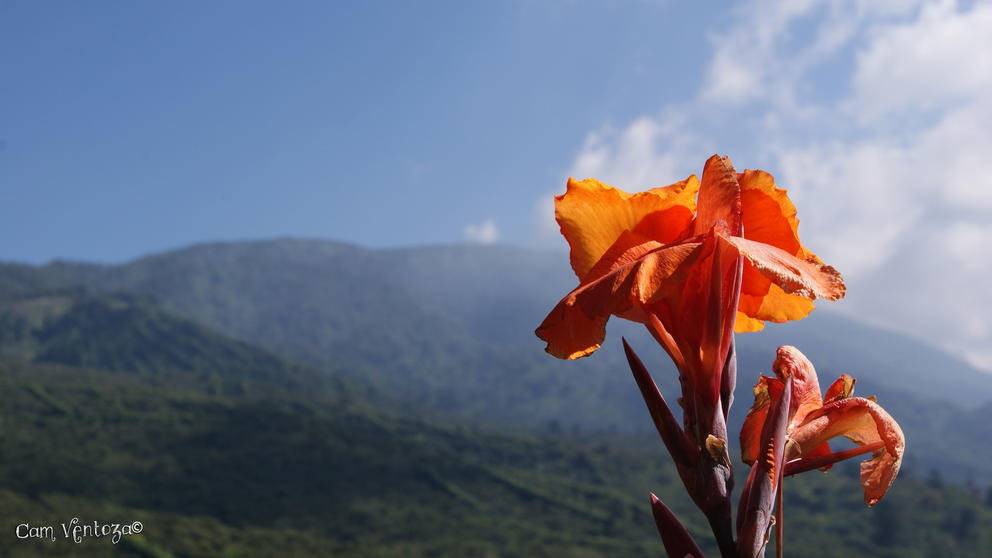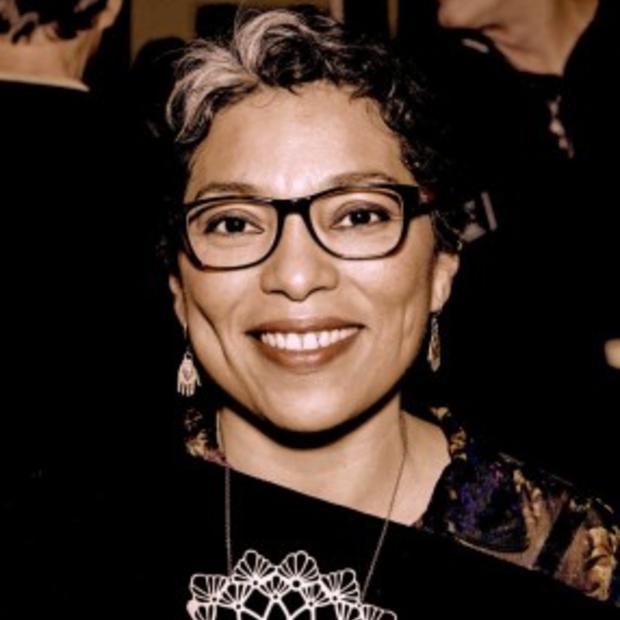Today marks my 37th year living in the United States. I arrived in Miami from El Salvador midday morning Jan. 17, 1981 — 14 years old, holding on to a doll, with my parents and my 11-year-old sister. We stepped out of the airplane that lifted us out of the cauldron of war and into the buzz of Miami International Airport, each of us shrouded in shock. The shock of realizing that we were alive, that we had made it out, made it the length of the lethal road from San Salvador to the National Airport in one piece. Shocked in our relief and in our fear of the big unknown that stretched before us. We were now in a vast country where we did not speak the language and where we knew but one person, my aunt María, to whom we owe a debt of a lifetime.
This past Friday, five days before my anniversary, I woke up to news that flooded me with a feeling of utter shock similar to the one I experienced that morning of January 1981. The president had referred to El Salvador, Haiti and several other African nations in utmost disrespectful, vile language. It felt as if someone had broken both my knees in one fell swoop. My first and most naïve reaction was to counter that El Salvador, despite its tortured history, is a beautiful country. After decades of being afraid to return due to PTSD, I made the trip three years ago and discovered a fantastically lush, green place full of birdsong, trees and flowers so deeply hued one might feel inclined to snap them off and color with them as if with a crayon.
Mine might well have been a natural reaction: to want to retort to meanness fueled by ignorance by providing an example of exquisite natural beauty. I imagine that citizens from the other short-listed countries reacted in a similar way. Our planet is a beautiful, miraculous thing; every corner of it — from deserts to glaciers — sings a particular beauty made more so if it is the exact bend of one’s dearest attachments: language, family and culture. No one willingly leaves behind all that they love and know to launch into the big, hostile unknown.
But this line of thinking is, of course, irrelevant. Anyone making a statement similar to the president’s is not interested in learning anything about particular countries, their people, physical attributes or historical circumstances. Clearly, the expression encapsulates a larger, more profound, disdain for people of color — no matter where they come from. The president knows he is not alone in his thinking; his comments have a foothold in many whom publicly, and in the quiet of their hearts, agree with his outlook.
As Friday went on, I sank into a morass of feelings: indignation, anger, sadness. The president and politicians inside the D.C. Beltway are displaying how men, for the most part, reach for their basest instincts and values in order to hold on to power. What will they not say, what will they not do, for political expediency?
My spirit simmered and churned until the shock of the morning sparked a fire: the reddest desire for creation, for art-making, for truth-telling. I also arrived at a revelation: As hurt and depressed as the statement made me feel, I did not have a desire to insult anyone back. That would achieve nothing. I have been on the receiving end of similar mean comments for 37 years. I have learned that racism is embedded in the very last thread of the fabric of this nation.
I took solace in my reaction. Instead of spite, I sought the transformative power of art-making. Instead of insults, my thoughts clustered around questions: What is the color of truth? What is the sound of justice? What is the shape of hope? Slowly, my turmoil came to rest on the notion that life seeks life. Life seeks light. The 200,000 Salvadorans marked to lose Temporary Protected Status and their 193,000 sons and daughters — not to mention the thousands of DACA recipients — all, every one of them, want to live. Live, like my family did when we left El Salvador, and like every human being escaping war, persecution, disaster, has ever wanted to do. And has done.
Today, I will meet a group of middle school students to read my poems and talk about poetry. They will be the exact age my sister was 37 years ago. I’ll tell them about the day’s personal significance. I’ll answer questions about my journey as a writer and about my work. Somewhere in there at some point, I’ll ask if any of them have relatives who have arrived here in Washington from other places. I’m sure hands will go up. Perhaps some of the students will have come from or have relatives in El Salvador, Nigeria, Haiti, Norway. These encounters with young people, which I am privileged to have as a public poet, feed me. Thoughts sparked in these conversations often find their way into my poetry and I hope that engaging with me somehow broadens their horizons.
Today, these students and I — through the power of the spoken word — will paint the day with a coat of hope.



